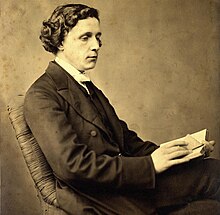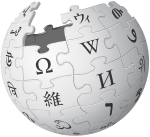This article is about the solo musician. For other persons with the same name, see James Taylor (disambiguation).
| James Taylor | |
|---|---|

Taylor in the mid-1970s
| |
| Background information | |
| Birth name | James Vernon Taylor |
| Born | March 12, 1948 Boston, Massachusetts, United States |
| Origin | Chapel Hill, North Carolina |
| Genres | Folk rock, rock, pop, soft rock,blues, country |
| Occupation(s) | Singer-songwriter, musician |
| Instruments | Vocals, guitar, harmonica[1] |
| Years active | 1966–present |
| Labels | Apple, Capitol, EMI, Warner Bros., Columbia, SME, Hear Music |
| Associated acts | Carole King, Carly Simon,Peter Asher, Joni Mitchell |
| Website | jamestaylor |
James Vernon Taylor (born March 12, 1948) is an American singer-songwriter and guitarist. A five-time Grammy Award winner, Taylor was inducted into the Rock and Roll Hall of Fame in 2000.[2] He is one of the best-selling artists of all time, having sold more than 100 million records worldwide.[3]
Taylor achieved his breakthrough in 1970 with the No. 3 single "Fire and Rain" and had his first No. 1 hit the following year with "You've Got a Friend", a recording of Carole King's classic song. His 1976 Greatest Hitsalbum was certified Diamond and has sold 12 million US copies. Following his 1977 album, JT, he has retained a large audience over the decades. Every album he released from 1977 to 2006 sold over a million copies. His chart performance had a resurgence during the late 1990s and 2000s, when he recorded some of his most-awarded work (including Hourglass, October Road and Covers). He achieved his first number one album in the US in 2015 with his recording Before This World.[4]

